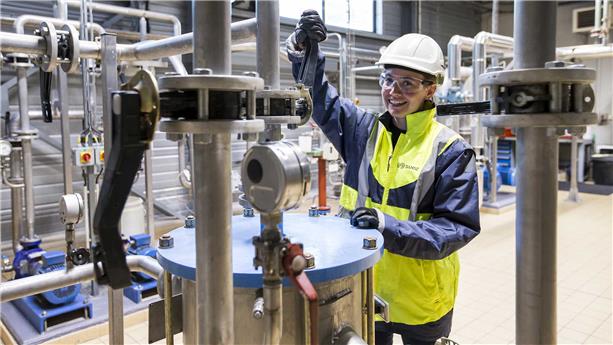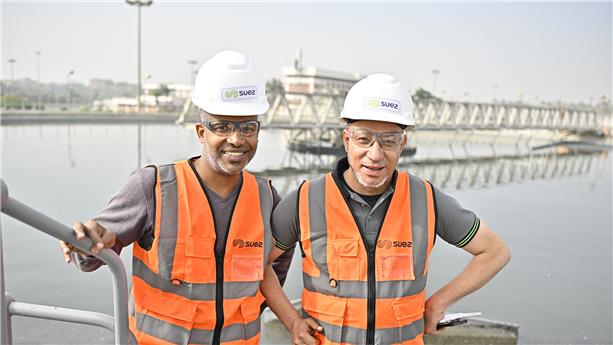
Your stakes
Since the early 2000s, brownfield sites have gradually become a central concern for cities and regional authorities, which want to reinvent the urban planning, take into consideration polluted soils and social sciences to reinstate these neglected spaces. Frequently located in urban or peri-urban environments and varying in size, these areas correspond to a range of initial activities: former fields swallowed up by the city's urban spread, former residential, industrial or tertiary areas…
Bearing witness to the processes of renewal or de-urbanisation of cities and regions, brownfield sites are intimately connected to urban evolution.
These sites may be contaminated and present a risk to human health and/or the environment. Generally, with an industrial origin, sources of soil contamination result from former practices, handling or transport accidents, inadequate waste and effluent storage, failure to properly confine toxic or hazardous products or atmospheric fallout.
At the heart of environmental and societal issues, the subject is closely monitored by the French government. In 2007, a national methodology was established to manage contaminated sites and soils in order to control pollution by improving environmental quality and eliminating concentrations of pollution and their impacts, guaranteeing that sites would be compatible with their uses and their environment.
Preventing future pollutions, ensuring the safety of newly discovered sites, investigating, monitoring and controlling the impacts, treating and rehabilitating sites based on their use and then making this use durable, preserving memories and involving all stakeholders: our teams respond to all these priorities.
Our offer
Asbestos removal, deconstruction, demolition and decontamination… our specialist teams provide assistance to the project client to manage all your pollution problems. Constitution of financial guarantees, shutdown of activities, construction or development projects at a site, whether it is polluted or not, environmental monitoring: we contribute to all the stages in your project's life cycle...
- Soil contamination studies to define and quantify the pollution management measures required,
- Preparation of shutdown documentation, safety procedure and then rehabilitation of the site to limit the risk to public health and the environment,
- Management of excavated soils during development projects,
- Qualifying and quantifying the impacts of incidents and accidents and assisting operators of facilities requiring environmental protection (ICPEs) with their declaration and the preparation of their safety/decontamination strategy.
A response adjusted to the needs of industrial companies…
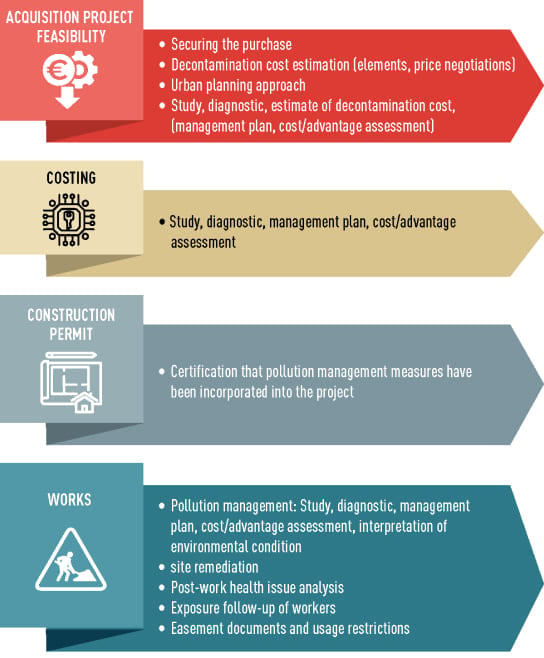
… or development and construction projects
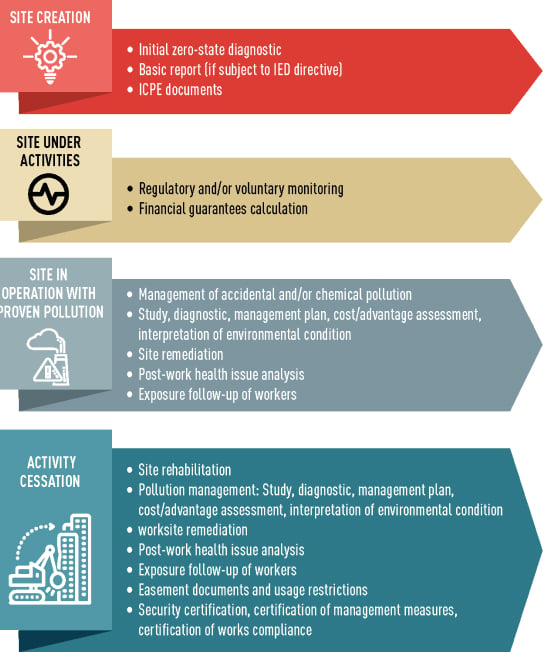
Advanced expertise in hydrogeology
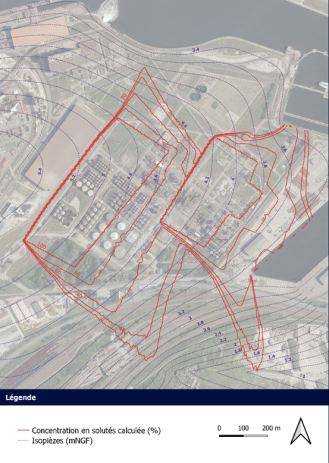
Modélisation hydrodynamique et hydrodispersion via les logiciels Feflow et Modflow.
Operational expertise in asbestos removal and demolition
Asbestos removal, deconstruction, demolition, decontamination… Our SS3-authorised teams (asbestos risk prevention authorisation, subsection 3) carry out:
- Dismantling following a shutdown of activity,
- Asbestos removal and partial or complete deconstruction of production units,
- Deconstruction following an incident or industrial accident,
- Superstructure and infrastructure demolition.
Your projects are then made secure, with full control over any contingencies or deviations. Starting from the study phase, we take residual risks (chemical, electrical etc.) into account. Our SS3-authorised staff issue a critical opinion on the asbestos technical report, analyse the report on product, equipment and material waste to optimise reuse and recovery, clarify the process (preliminary stripping, asbestos removal, stripping, controlled demolition etc.) and propose working methodologies suited to the project and its environment, taking account of structural separations, neighbouring structures and the management of disruption.
Our references
Converting former ceramics factories in Decize (Nièvre) in 2022:
On behalf of the Sud Nivernais municipal grouping, our teams are responsible for:
- Assessing soil pollution, groundwater and soil gases, with over 40 samplings
- Producing the associated management plans, including analysing sanitary risks, defining the methodology for the decontamination work and cost estimation
- Site conversion for tertiary and industrial use, with a space for craft businesses and technical facilities for the grouping of municipal authorities.
- Partial conservation of the buildings
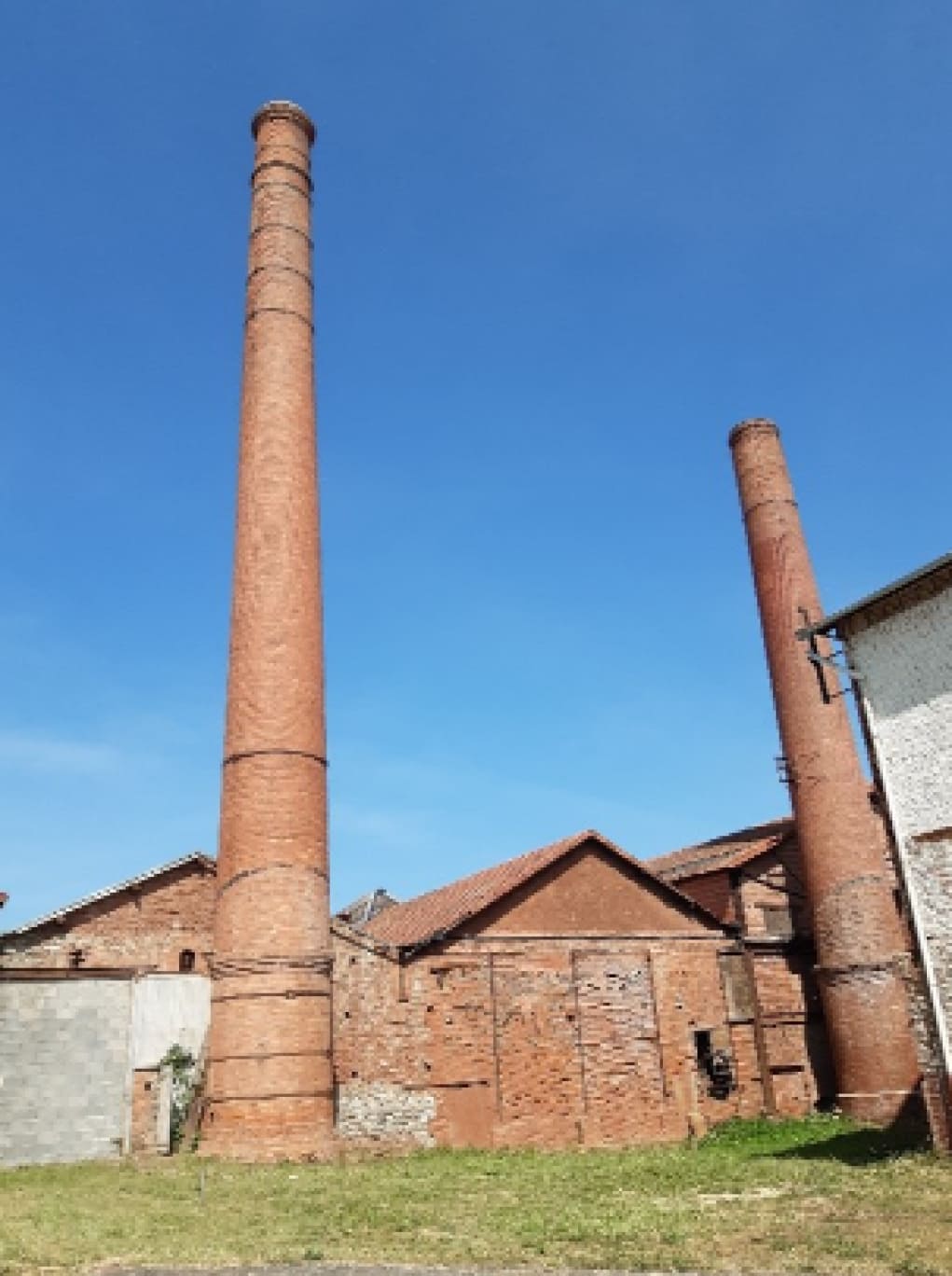
Industrial dismantling at a site occupied by a SUEZ waste-to-energy plant in 2021 (Bas-Rhin):
SUEZ Consulting teams were in charge of :
- Project management for the dismantling of atomisers and gas exhausts treatment
- Inventory and design of the dismantling project
- Managing the bidding process for contractors and works management
- Deconstruction including waste sorting and recovery
Simulating the construction of a hydraulic barrier at the SRD refinery site in Dunkirk (Pas-de-Calais):
The SRD site is being dismantled and the groundwater drainage system has to be closed. The purpose of the study is to describe the consequences of the drainage system shutdown and suggest any corrective measures that may become necessary.
The work assigned to SUEZ Consulting is the following:
- Preparation of a hydrodynamic and hydro-dispersive model of groundwater flow using Visual Modflow
- Simulating the drainage system shutdown: calculating the new pressures and associated drawdowns under high and average water conditions
- Sizing and proposing a hydraulic barrier to trap pollution within the site limits.

Complete rehabilitation of the industrial boiler room at CEA Grenoble in 2023 (Isère):
Asbestos removal, deconstruction, demolition and decontamination handled by SUEZ Consulting teams, including:
- Assistance to the project client in following up the asbestos and lead analysis
- Diagnostics and management plan for contaminated soils
- Preparing scenarios of dismantling and rehabilitation
- Managing the bidding process for contractors
- Monitoring the dismantling and soil remediation works
Reclassification of a brownfield site to create a joint development zone at a former ropeworks (Isère):
The reclassification project handled by SUEZ Consulting teams included:
- Full project management, from studies to acceptance of the works
- Securing asbestos in the atmosphere of partially collapsed buildings to prevent the spread of asbestos fibres
- Asbestos removal and demolition of workshops and housing
- Soil decontamination using on-site techniques (material screening, biopile treatment) and off site (affected materials evacuations to specific treatment sectors)
Reclassification of a brownfield site to create a joint development zone in Pont de l'Ane (Loire):
- Full project management, from studies to works acceptance
- Asbestos removal and demolition of buildings covering over 12,000 m²
- Soil remediation , with 30,000 m3 of excavated onsite treated soils and evacuation for special treatment.
Soil remediation on the La Rochelle harbour (Charente-Maritime):
As part of the redevelopment of the La Rochelle harbour (GPMLR), various assignments have been undertaken to decontaminate potentially polluted areas. Prividing new available areas for an industrial use is one of the priorities of the harbour board.
The project management assignments handled by SUEZ Consulting's teams include the diagnostic phase,the soil remediation works conception and follow-up.
The teams' expertise in contaminated sites and soils allow to compare and operate the best technical and economic terms to treat the contaminated soils in full compliance with environmental rules.

Framework rehabilitation agreement in Auvergne (Puy-de-Dôme) for EPF Auvergne (Haute-Loire, Loire, Puy-de-Dôme, Allier)
Binding the historic heart of the town with surrounding neighbourhood, revitalising the diversity of shops, developing biodiversity… those are the goals of the project named: Cournon town center.
The EPF Auvergne, owner of a large amount of the inheritance concerned by the works, commissioned SUEZ Consulting's teams to carry out project management for asbestos removal, deconstruction and decontamination work on around fifteen buildings (housing, petrol station, shops etc.), including:
- Soil pollution assessments and management plans
- Project management for soil remediation on the land managed by the client
- Demolition, deconstruction, feasibility studies, polluted sites & soils, management plan
- Decontamination of sources of hydrocarbons in the subsoil of the former service station


